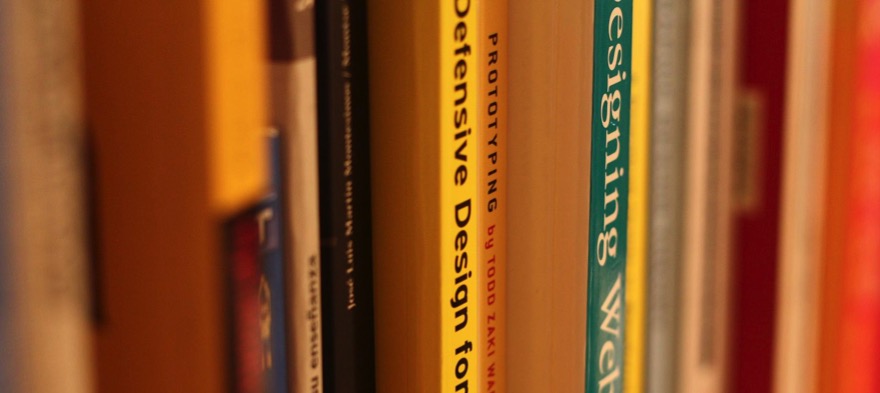
Pernille Ripp is a seventh-grade English teacher in Oregon, Wisconsin. In 2010, Ripp founded Global Read Aloud, a global reading project that has connected more than 500,000 students on six continents. The project has been nominated for two Edublog awards, one for best use of Wikis and the other for Best Social Network for Educators. Pernille writes on her blog, Blogging Through the Fourth Dimension.
The fight for educational equity has never been just about schools. The real North Star for this work is providing opportunities for each child to thrive into adulthood. This means that our advocacy...
Your donation will support the work we do at brightbeam to shine a light on the voices who challenge decision makers to provide the learning opportunities all children need to thrive.
Ed Post is the flagship website platform of brightbeam, a 501(c3) network of education activists and influencers demanding a better education and a brighter future for every child.
© 2020–2024 brightbeam. All rights reserved.